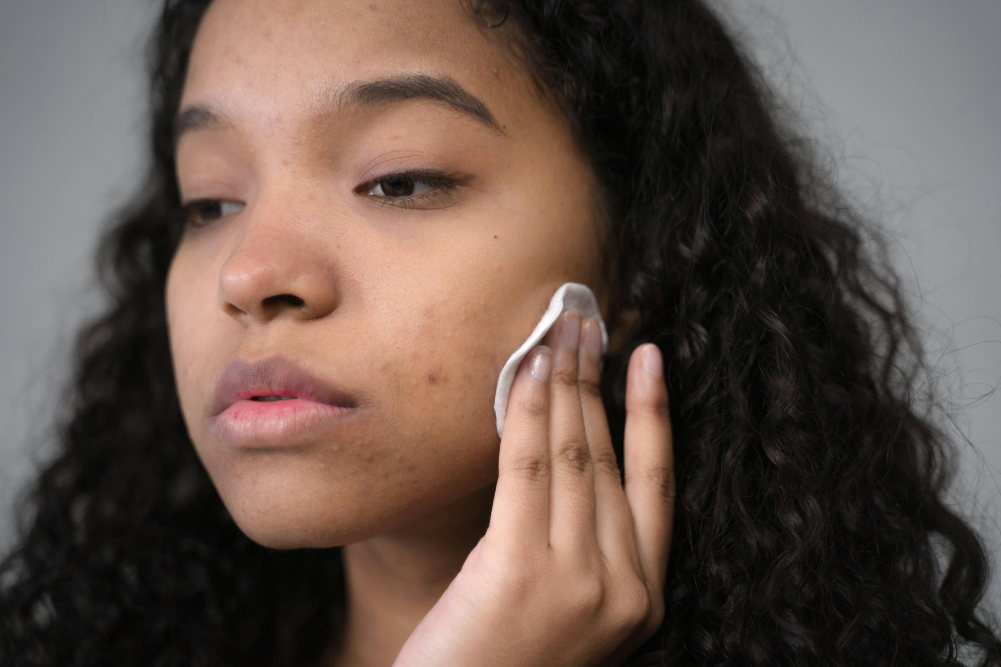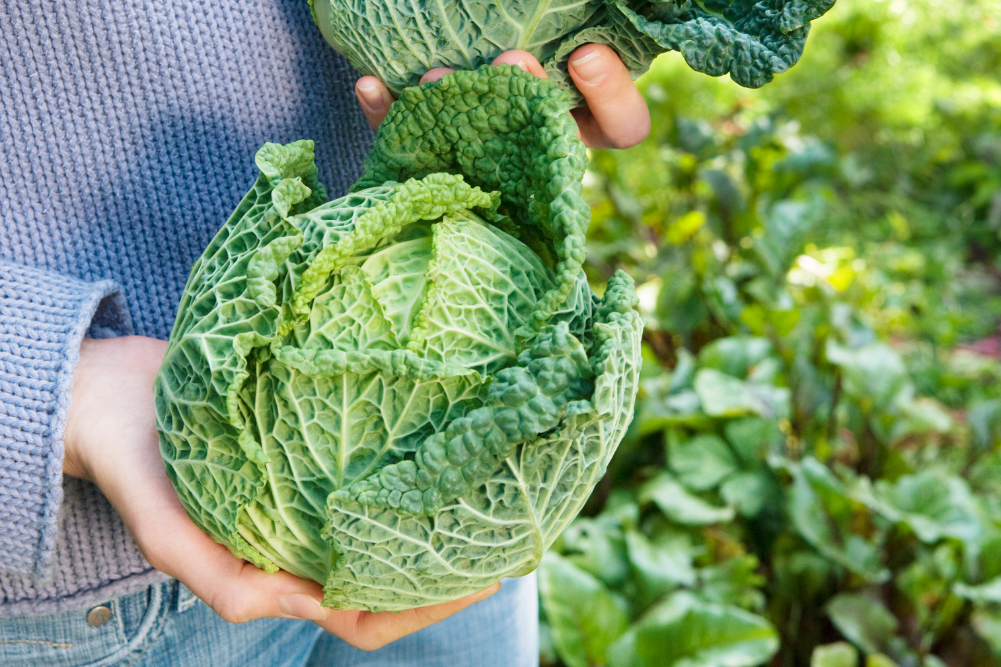Teenage Acne
A concerned mother brought in her 14-year-old son who was suffering with a severe case of acne. Mentioning that nearly 80 per cent of teenagers suffer from acne was not much help for him. Like most teens, their appearance is of critical importance and he was becoming quite isolated, refusing to go out and socialise (his parents had difficulty getting him to school). His lack of self-esteem and confidence was noticeable. He was also suffering from both anxiety and depression largely due to his appearance. His problems needed correcting if he was going to be able to fulfil his potential.
He was suffering from digestive problems (wind bloating and constipation) and was very moody, becoming irritable or angry when told to change things he was doing — not unlike many of his peers. Teenage acne is very common, but that doesn’t make it any easier to deal with, nor does it relieve the emotional distress of the sufferer.
His mother wanted alternatives whereby he could avoid pharmaceuticals.
Acne has different manifestations, but is eminently treatable given the correct conditions. This young man had a combination of blackheads and pustules (small red pimples with pus in their centre) spread over a large area including his face, neck, back and chest. They were inflamed and painful at times.
With his oily skin, the pimples were blocked hair follicles with a bacterial infection. These have a strong association with hormonal changes (puberty), poor sleep, family history (his father had a milder form when young), poor diet and stress. Various creams, lotions and other high-oil beauty products exacerbate them, as can trying to remove them by squeezing.
Research indicates that teenage acne has a strong association with diet — in particular high-sugar and refined-carbohydrate diets (it has been called skin diabetes), high intake of dairy products, low omega-3 fatty acids and digestive problems associated with abnormal gut bacteria.
Being a teenager, he was eating a lot of food — mainly bread, ice cream and sweets — and drinking three to four cans of cola daily. He was not keen on vegetables, apart from chips, and would only eat steak as protein.
We discussed the impact this diet was having on his skin, showing him the research (surprising him somewhat), so at least he was prepared to listen. The diet was going to be slow to change, so a stepped-up program was discussed, starting with swapping colas for flavoured mineral water (not ideal but better), and drinking at least 2–3L daily. He was encouraged to eat three pieces of fruit daily (bananas, oranges and apples were agreed to), grilled (mild-tasting) fish once a week, adding a salad to his main meal daily and in his sandwiches. Coconut yoghurt ice cream was recommended instead of dairy (as a sweet treat, he liked these), which also provided some probiotics. He felt he could cope with this.
Supplements were recommended. Zinc is a critical mineral to reduce teenage acne, improve mood and help regulate hormones. It is considered a male nutrient (he liked that idea), so one bio-zinc supplement was recommended with his nightly meal. Krill oil was recommended twice daily with food to improve his omega-3 fatty acid levels.
He was advised (strongly) not to squeeze his pimples, to wash his face gently and, topically, to use aloe vera gel (soothes inflammation) mixed with coconut oil to eradicate the bacteria. Diluted tea tree oil (five per cent) was suggested for spot treatments. We suggested a calendula flower wash, which he could use two to three times daily. This is an antiseptic that has healthy skin regranulation properties and improved by mixing with diluted cold green tea for its astringent (skin-tightening) activity.
Despite a slow (somewhat difficult) start, after a few weeks, he was feeling better (his mother was delighted that his moods had improved), his skin was improving, as was his digestion. Each time he visited, we changed a little more of his diet and he was gradually starting to enjoy the different foods. Over several months (despite a few setbacks), his skin was markedly better and he was noticing the connection between food and acne. He felt the zinc made a big difference so was happy to continue with the supplements and the gradually improving dietary program.
His mother was delighted as her son was much happier and healthier and she had been able to avoid pharmaceutical treatments and their attendant side effects.








